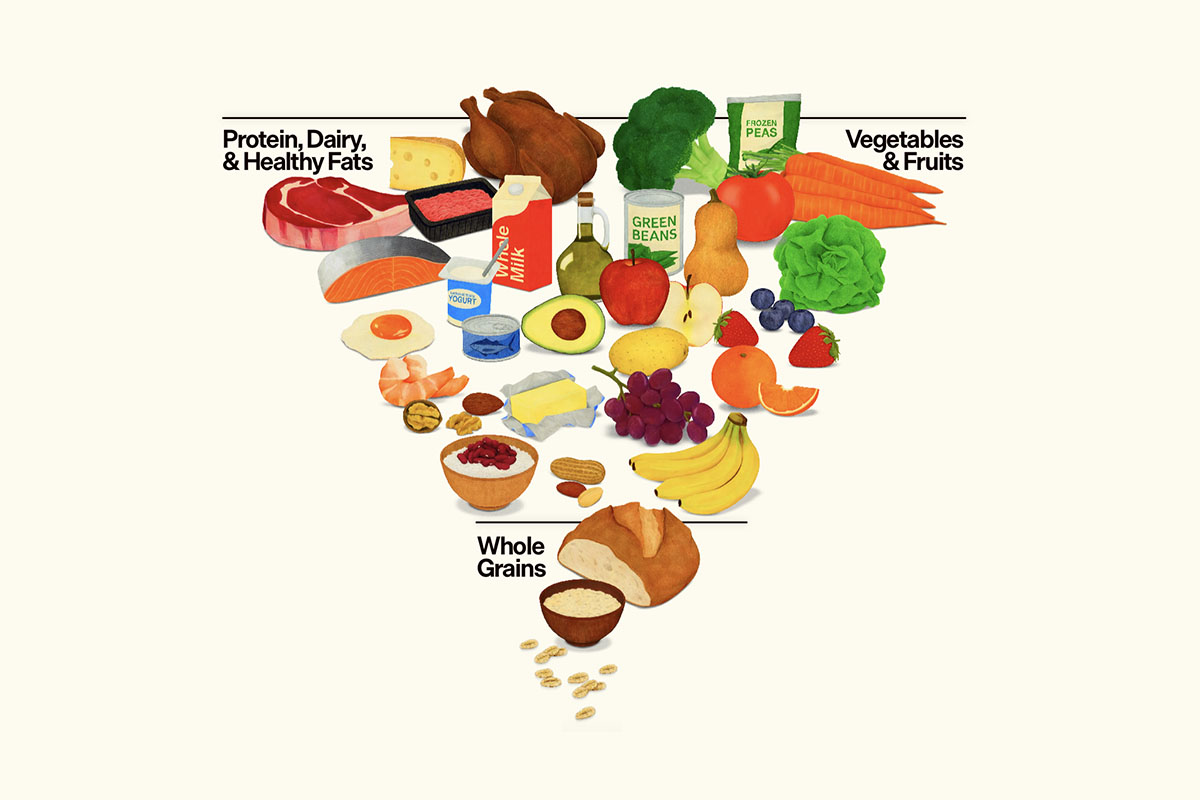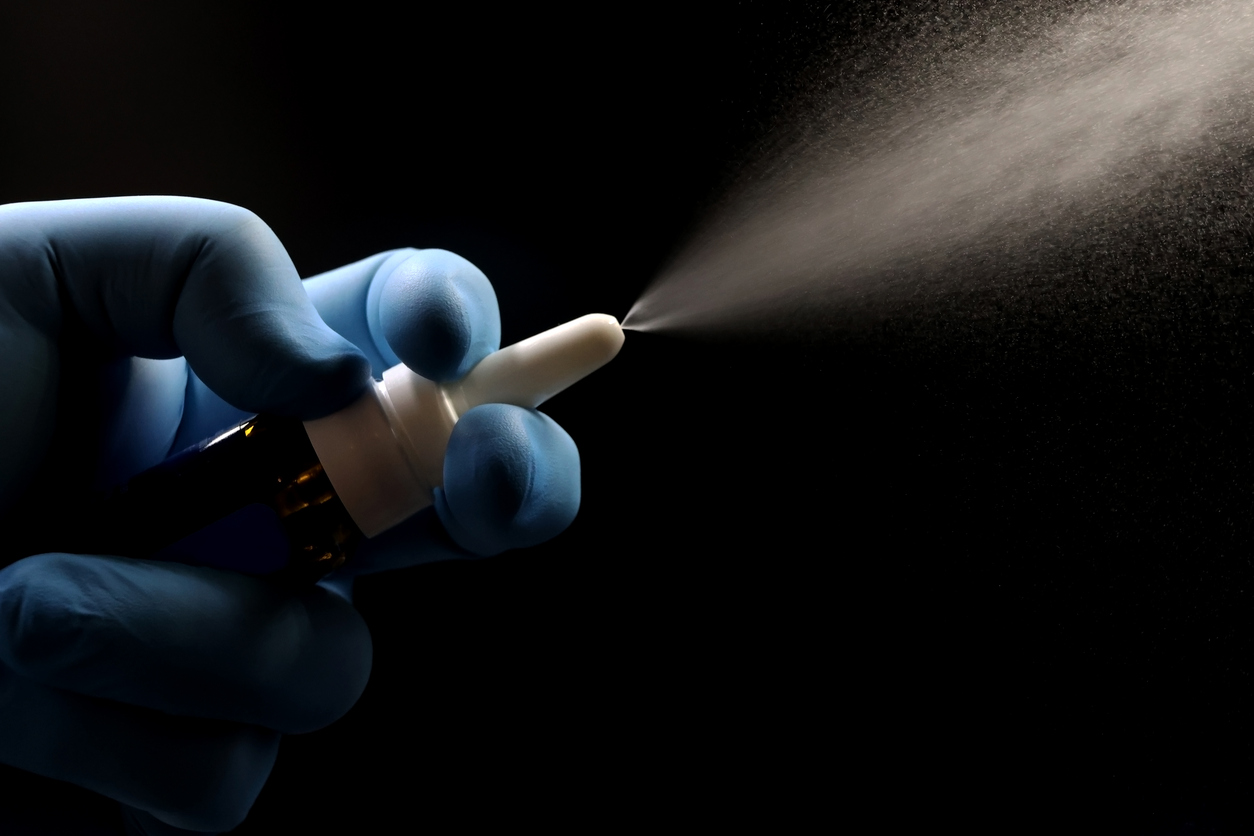Q: I am avoiding bacon only because of nitrites. In doing my research on exactly what nitrites are, I am seeing a lot of sites claiming that nitrites are not bad for you either. I’m confused again. Are nitrites good or bad?
A: Sodium nitrate and nitrite are used in curing and preserving foods such as bacon, hot dogs, ham, and other luncheon meats and fish. It’s a particularly effective food preservative in preventing of the growth of clostridium botulinum, the microorganism responsible for botulism, which, in as much as 70 percent of cases is fatal via respiratory failure.
Sodium nitrate converts to nitrite in reaction to our saliva, which contains lots of nitrites. That said, our gastric juices are also a source of nitrites as well as plant foods like carrots, celery, spinach, fruits, and grains, as it’s drawn out of the soil.
Nitrites confer their benefits by converting to nitric oxide, a potent vasodilator, helpful in reducing hypertension.
Interestingly, “nitrate and nitrite-free” products use celery, beet juice, and sea salt where, coincidentally, the nitrites are.
The trouble is not with sodium nitrate or nitrite itself. It’s the nitrosamines and other N-nitroso compounds formed when amines in meat react with sodium nitrite, a nitrosating agent. Nitrosamines are shown in the scientific literature to be carcinogenic. High cooking temperatures used to fry bacon, for example, are conducive to nitrosamine formation.
Thankfully, it was discovered around 1970 that ascorbic acid (vitamin C) inhibits nitrosamine formation. Most cured meat manufacturers add erythorbic acid, a less expensive form of ascorbic acid, to processed meat products. As a result, we have significantly lower levels of nitrosamines in bacon and other cured meats.
Other sources of nitrosamines in food, fluids, and occupational exposure (from the Linus Pauling Institute):
- Beer
- Nonfat dry milk
- Tobacco products
- Gastric juices
- Rubber products
- Rubber manufacturing
- Metal industries
- Pesticide production and use
- Certain cosmetics
- Certain chemical manufacturing
To your health!








